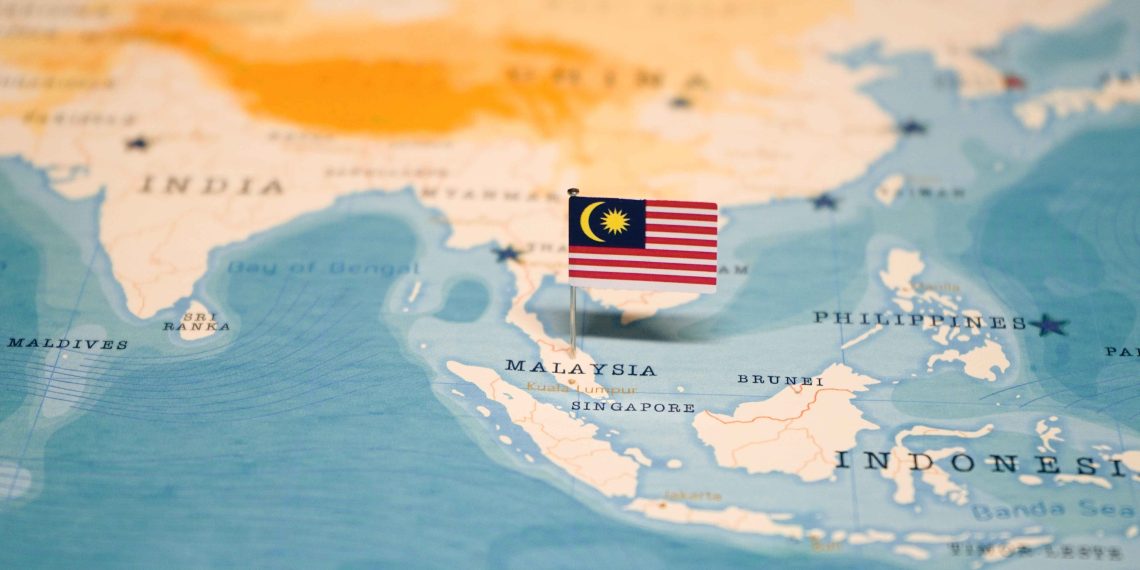Malaysia has officially accepted an invitation to become a BRICS partner country, marking a significant step in the bloc’s strategy to expand its global influence. Cheong Loon Lai, Malaysia’s Ambassador to Russia, confirmed to Russian media that Malaysia received the official invitation in mid-November and responded positively to Moscow, which is the current BRICS chair. This development is expected to further BRICS’ efforts to foster economic and geopolitical cooperation among emerging economies worldwide.
BRICS Summit in Kazan: Strategic Goals and Expansion Plans
This announcement follows the recent BRICS summit held in Kazan, Russia, where Russian President Vladimir Putin outlined the organization’s vision to expand its membership. During the summit, Putin revealed that a list of prospective partner countries had been identified for potential inclusion in BRICS. However, he did not release the full list at that time.
According to President Putin, formal invitations were to be sent to these prospective countries. Once responses are received, the final list of new BRICS partner countries would be officially announced. Malaysia’s acceptance of this invitation signals its commitment to participating in BRICS’ vision of promoting economic cooperation and regional partnerships.
The Strategic Importance of Malaysia’s Inclusion
Malaysia’s inclusion as a BRICS partner holds major geopolitical and economic significance. Southeast Asia has become an economic powerhouse with strong growth potential and strategic trade routes, and Malaysia plays a vital role in the region’s economic development. As a BRICS partner, Malaysia is expected to participate in initiatives related to trade diversification, infrastructure development, and financial cooperation.
Some key points about Malaysia’s strategic positioning include:
- Economic Trade Partnerships: Malaysia maintains a strong trading relationship with China, the United States, and other major economies. Joining BRICS allows the country to diversify trade routes and explore opportunities for trade partnerships with BRICS members.
- Southeast Asia’s Regional Influence: Southeast Asia is a hub of trade activity, with its emerging economies offering opportunities for innovation and collaboration. BRICS’ inclusion of a key player like Malaysia enhances its regional strategy.
- Infrastructure and Investment Opportunities: As a BRICS partner, Malaysia could strengthen its infrastructure development and attract investments from other BRICS members for critical projects, such as transportation, technology, and energy.
What BRICS’ Expansion Means for Global Trade and Geopolitics
BRICS initially began as an economic bloc of Brazil, Russia, India, China, and South Africa. However, its goals have broadened over the years, focusing on reducing reliance on Western-led economic frameworks and promoting multipolar economic power. In recent years, BRICS has actively pursued partnerships with other emerging nations.
Currently, BRICS has expanded to include Iran, the United Arab Emirates, Egypt, and Ethiopia. Malaysia’s recent acceptance demonstrates BRICS’ continued expansion, signaling a move toward a more inclusive and multipolar economic bloc. The addition of new partners like Malaysia highlights the importance of collaboration between developing economies to address shared challenges, including trade diversification, technology sharing, and financial security.
What’s Next for Malaysia and BRICS?
With Malaysia joining the BRICS group as a partner nation, its role will likely focus on the following:
- Promoting Trade Diversification: As part of BRICS’ economic strategy, Malaysia will likely strengthen trade partnerships with other member states and reduce dependency on single trade partners.
- Collaboration on Financial Mechanisms: BRICS has emphasized financial initiatives like the BRICS Bridge cross-border payment system. Malaysia’s involvement will bring its financial market expertise to the table.
- Enhancing Diplomatic Relationships: Joining BRICS will enable Malaysia to build diplomatic partnerships with BRICS members, leveraging shared interests in infrastructure, investment, and technological development.
A Strategic Partnership for Global Growth
Malaysia’s inclusion as a BRICS partner country represents a forward-thinking move that will reshape regional trade dynamics and diplomatic alliances. As BRICS continues to expand, its economic and strategic vision becomes increasingly important in addressing global challenges like supply chain disruptions, technological innovation, and geopolitical shifts.
Malaysia’s role as a BRICS partner will not only strengthen its own economic and geopolitical positioning but also contribute to BRICS’ broader goal of creating more inclusive and diversified economic opportunities across the globe.





















